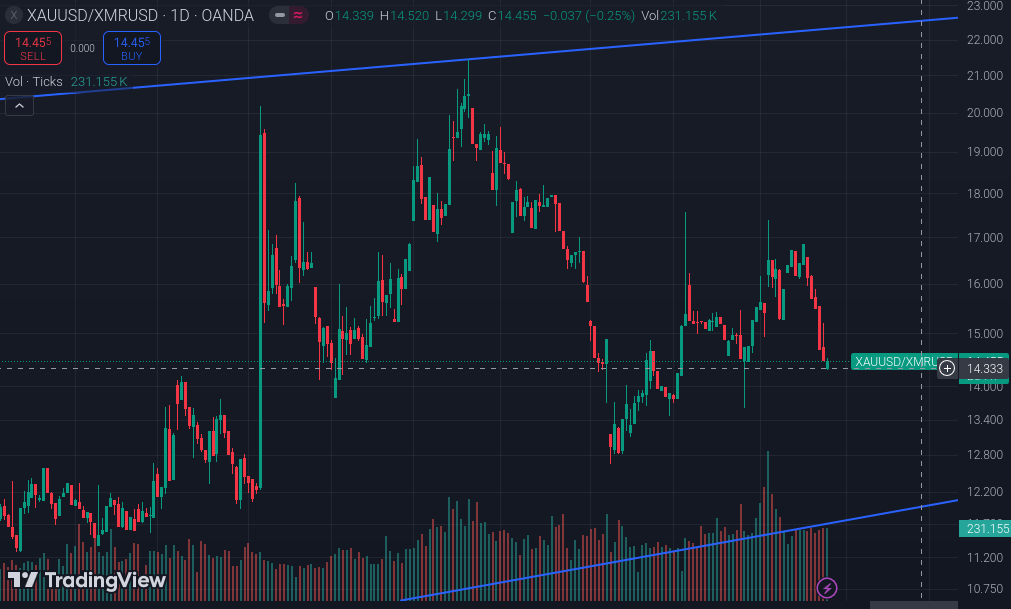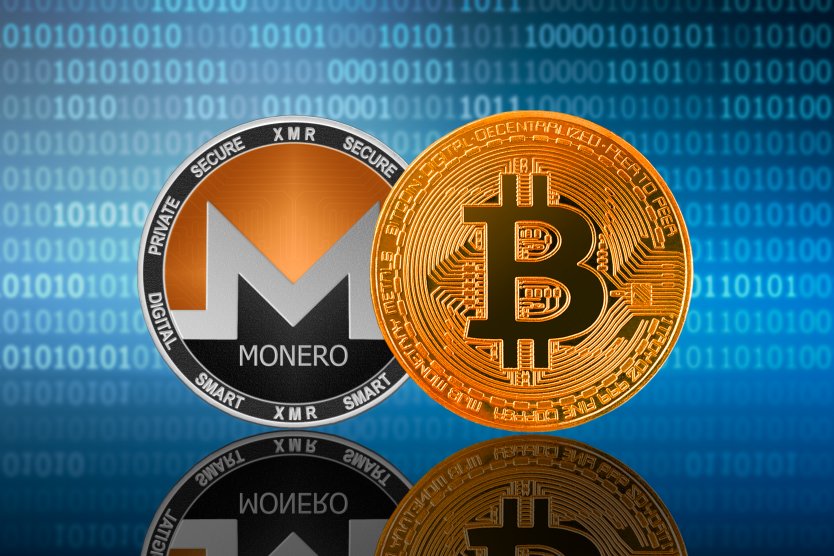It's because the Khazarian bankers are behind Proton, as deep state as it gets.
The site(s) should operate like Nodes in a peer to peer network over TOR, where it is impossible to trace it back. We need strong enough technology where bravery is not required, the same way that Monero has been designed, for a hostile environment.
My problem with all the outreach to the crypto community is that none of the motives support the termination of centralized fiat currencies. Name me one problem on this earth that decentralization can't improve upon.
They will trample your God given rights to make enforcement as convenient as possible rather than respecting individual liberties, every time. This erosion of the protection of our rights must be reversed or we can only expect revolution. Let's hope Europe sets the example for liberty that us Americans seem to have forgotten, but I'm not holding my breath.
Stay away, please. Proton is based in Switzerland, the home of the WEF, the BIS, and other evil central banker affiliated globalists organizations. Monero should not touch this with a ten foot pole.
Off topic. Not once was Monero mentioned. Good info, wrong forum to post on imho.
What about the Monero community working with the manufacturers on PoS terminals, providing coding assistance to embed nodes and wallets into them and provide the training to retailers willing to participate in pilot programs? I admit I don't understand the new US laws on crypto and if this might presently be illegal.
Another idea is to create a legal fund to defend those prosecuted by any of these crypto related regulations. Establish precedence in the courts, making it more difficult to prosecute the free exercise of trade thru crypto and furthering privacy protections for private transactions.
I find myself limited to purchasing non-essential items because the marketplaces that accept Monero primarily offer goods that aren't necessary for survival. Essential services and products like fuel, property tax, internet service providers, electricity, insurance, phone service, and food are currently inaccessible through Monero transactions. For Monero to facilitate a successful circular economy, there must be significant progress in making these essential items available for purchase using XMR, whether through direct or indirect payment methods.
Due to the recent network failure, I've floated the idea of not only abandoning Reddit, but also scrapping Lemmy as the home for Monero.Town. I've suggest Brighteon.io as the new destination for solid reasons.
If they had enough evidence to convict him without the XMR, they could have offered a plea deal that included surrendering his seed phrase.



I discourage the implementation of AppImage creation because it's a cheap and dirty way to tick the box for Linux compatibility, yet this does not translate into usability for the Linux user. Some cons to this half-baked shortcut IMHO are:
What you end up with is a broken app, which may not break your system entirely at first. Any of those that continue to attempt to correct these broken apps can either get lucky and fix the app, or make things worse and really break the Operating System. It is for these reasons I urge the developer community to avoid using snap, AppImage, or Flatpak and stick to releasing binaries for specific distributions like .deb or .rpm.
I'd rather wait a year longer for it than have you check off your "Linux compatibility" box and never look at it again.
I'm not a programmer, so if you find any statements factually incorrect, I'll beg your forgiveness in advance and ask that you don't bite my head off in your reply, just politely point out and correct factual misstatements and save your energy for writing code for binary installation package files like .deb or .rpm.
Sincerely,
Prancing389